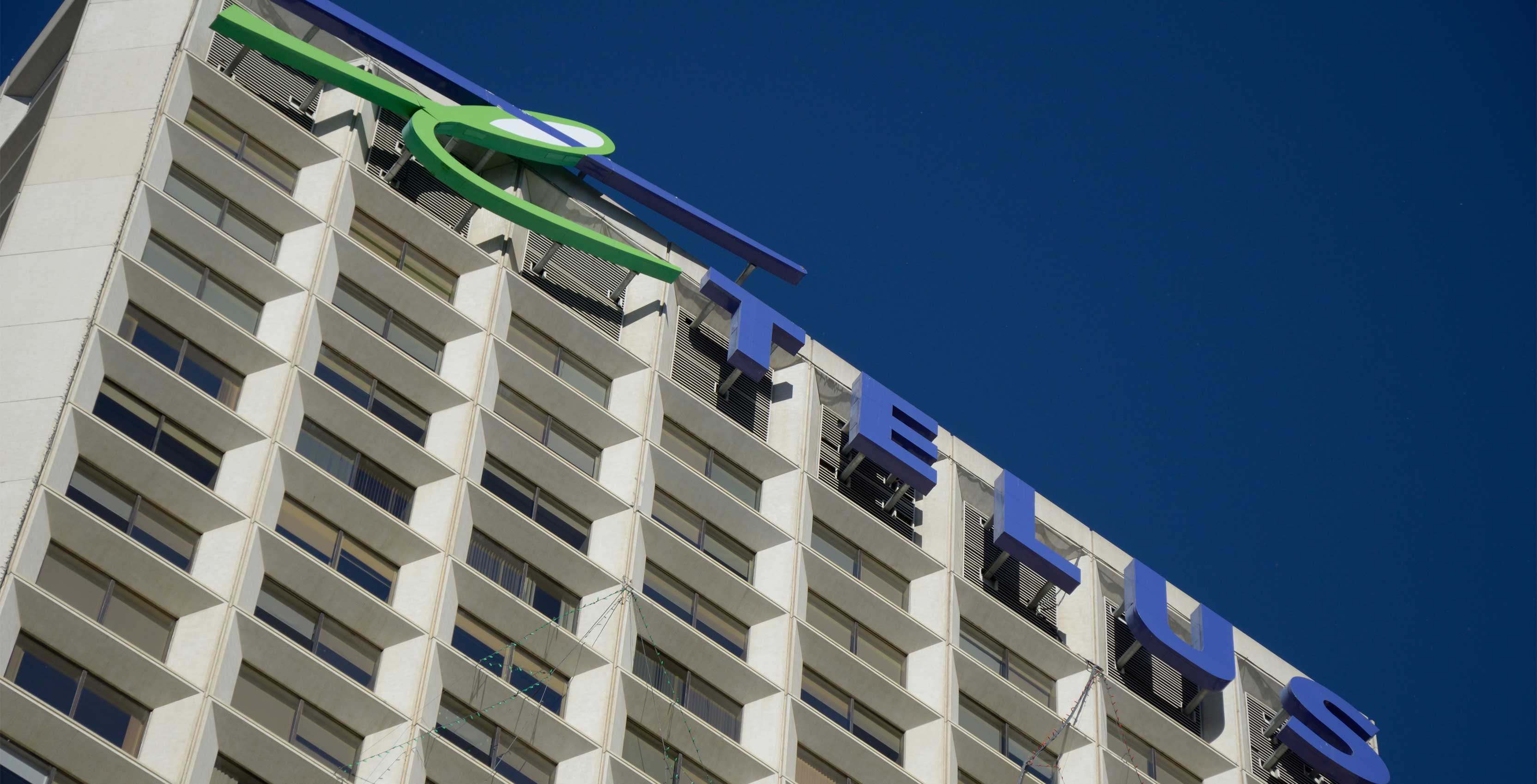
Telus and Huawei are achieving wireless speeds exceeding 1Gbps in a new small-cell deployment in Vancouver, report the two companies.
Speeds within the range of 1Gbps are typically known as gigabit-class LTE. This advanced form of LTE — conveniently named LTE-Advanced — will continue to develop even as carriers and manufacturers prepare for the 2019 launch of commercial 5G networks, which promise multi-gigabit-per-second speeds.
It should be noted that while the companies hit 1Gbps, those are peak speeds. Wireless connections are affected by many variables, including network congestion and physical obstacles, which generally keeps speeds below peak.
The technology was deployed in both indoor and outdoor networks in the companies’ joint downtown Vancouver ‘5G Living Lab,’ meaning Telus customers in the vicinity may get to experience the super-fast speeds.
Telus says the deployment will let customers seamlessly move between indoor and outdoor locations without noticing a change in network quality. Typically, network quality gets worse indoors — especially in buildings that are made of dense materials like concrete.
In its outdoor environment, Telus says it achieved its gigabit LTE speeds through the use of 5-channel carrier aggregation, 4×4 MIMO radio access and 256 QAM modulation. Indoors, Telus used Huawei’s LampSite small-cell system for large to medium-sized sites like office buildings and sports stadiums.
Small cells refer to cellular radio access nodes that operate in licensed and unlicensed spectrum and have a range of 10 meters to a few kilometers. They have a shorter range than macrocells and generally handle fewer concurrent sessions.
Telus reported speeds close to the 1Gbps benchmark in September, using Licensed Assisted Access — a technology that combines licensed and unlicensed spectrum to provide a higher throughput.
In July, Huawei and Telus deployed a 5G pilot network based on the emerging 3GPP global standards.
Telus competitors Bell and Rogers have both made recent expansions to their respective LTE-Advanced networks.
In addition, Bell (which shares infrastructure with Telus) noted in its Q3 2017 financial results that it is now conducting trials in the 28GHz and 3.5GHz ranges with Huawei.
Source: Huawei


